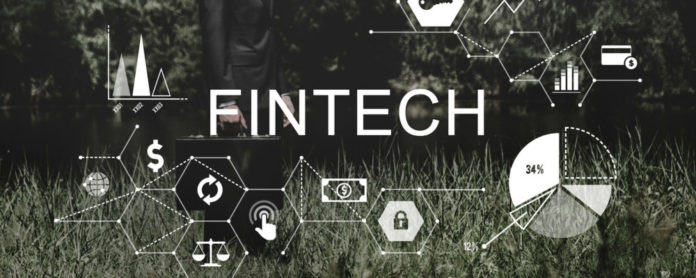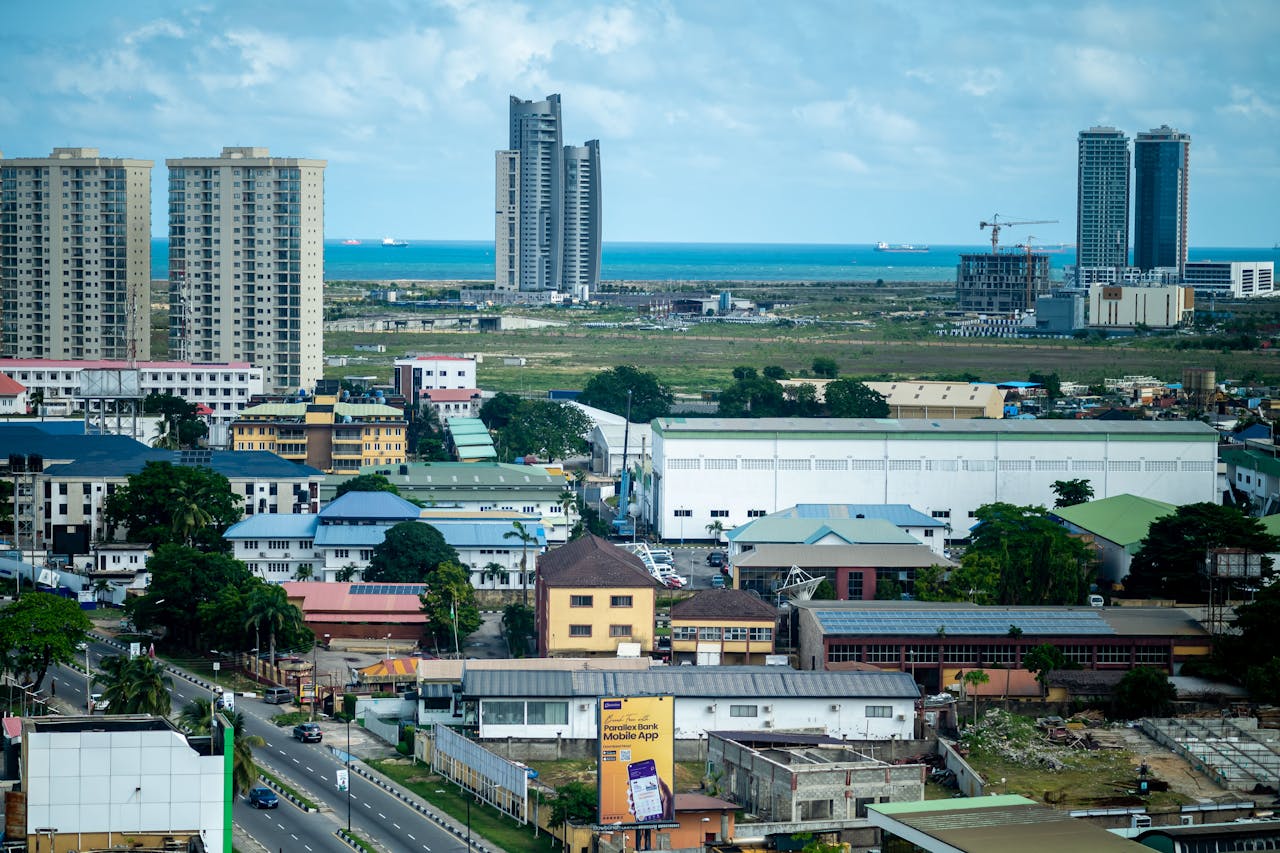Huawei launches innovative hybrid cooling energy storage system to boost Ghana's renewable energy drive
The event, themed Lighting Up A Greener Ghana, highlighted advancements in solar technology aimed at addressing power supply challenges and reducing carbon emissions.
Mr. Bob Wang, Director of Huawei Ghana Digital Power, outlined the energy challenges facing Africa, noting that while Ghana’s electricity access stands at 85-87%, neighbouring countries like Liberia and Sierra Leone hover around 60%. He also highlighted rising electricity costs, with Ghana experiencing a 40% tariff increase this year alone.
“The cost of solar panels and batteries has significantly dropped, making renewable energy more viable,” Wang said. “Solar panel prices have decreased by 50% in the past two years, while battery raw materials have seen an 80-85% reduction.”
He emphasised a shift in energy consumption, where businesses are transitioning from being mere power consumers to becoming generators through rooftop solar installations.
Energy Commission backs renewable energy push
The Senior Manager for Renewable Energy Regulation at Ghana’s Energy Commission, Julius Nkansah-Nyarko, commended Huawei for its role in advancing clean energy solutions. He revealed that renewable energy currently contributes 4.89 per cent of Ghana’s total installed electricity capacity, with distributed generation—primarily rooftop solar—accounting for 86.5 megawatts.
“The Commission has enacted regulations to enforce minimum efficiency standards for solar panels, inverters, and batteries,” Nkansah-Nyarko stated. He also announced the rollout of a net metering programme set to begin this year, targeting 12,000 solar systems in public facilities, 4,010 in households, and 6,000 in small and medium-scale enterprises.
Huawei’s hybrid cooling ESS
Sampson Zickson, Senior Business Development Manager at Huawei Ghana Digital Power, introduced the Huawei ESS 250, the industry’s first hybrid cooling battery system, combining air and liquid cooling technologies for optimal efficiency.
“This innovation ensures better temperature control, longer battery lifespan, and higher safety,” Zickson explained. “Unlike traditional systems, our hybrid cooling automatically adjusts between air and liquid cooling based on temperature, reducing auxiliary power consumption by 30%.”
Key features of the ESS 250 include:
- 91.3% Round-Trip Efficiency (RTE): The highest in the solar industry, ensuring minimal energy loss.
- Extended Battery Lifespan: Maintains 75% State of Health (SoH) after 10 years, outperforming competitors.
- Enhanced Safety: Features a six-sided insulation system and five-level shutdown protocol to prevent fires.
- Lower Operational Costs: Eliminates the need for third-party cooling systems and reduces installation time to just two hours.
Zickson also highlighted Huawei’s commitment to local capacity building, with over 75,000 women and girls trained in ICT and renewable energy technologies.
Step towards a greener future
The summit underscored Huawei’s long-term investment in Ghana’s renewable energy sector, with over 300 local employees and two decades of operations in the country.
“Our mission is to provide reliable, innovative energy solutions that support Ghana’s transition to clean power,” Wang affirmed.
With the launch of its cutting-edge ESS and ongoing partnerships with regulators, Huawei aims to accelerate Ghana’s renewable energy adoption, paving the way for a sustainable and energy-secure future.











.jpg?disable=upscale&width=1200&height=630&fit=crop)